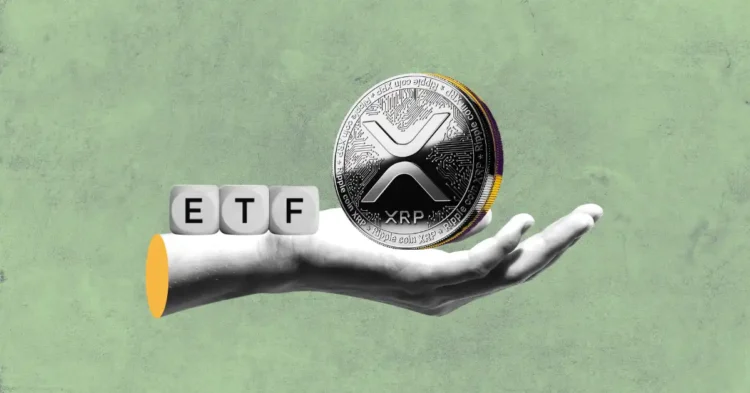Ripple is once again in the spotlight as its Chief Legal Officer, Stuart Alderoty, shared on X that the company has initiated a cross-appeal in its ongoing litigation with the U.S. Securities and Exchange Commission (SEC). This legal maneuver comes in response to the SEC’s recent appeal to the U.S. Court of Appeals, aiming to challenge specific aspects of District Judge Analisa Torres’ decision concerning XRP. The case has far-reaching implications for the cryptocurrency sector, particularly in relation to regulatory oversight and the future of XRP-based financial products.
Uncertainty Surrounding Approvals
Legal expert James Murphy, known as MetaLawMan, has offered insights into the current status of the XRP Trust and its potential impact on the cryptocurrency landscape. During an interview with Thinking Crypto, Murphy addressed concerns about whether the SEC’s appeal could obstruct the approval of XRP Exchange-Traded Products (ETPs). He highlighted that for an ETF to receive the green light, the underlying asset must be classified as a commodity, a requirement that adds a layer of complexity to XRP’s regulatory status.
Murphy elaborated on the possibility that the SEC may feel compelled to deny these financial products, citing ongoing market uncertainties. This stance could lead to a prolonged approval process, reminiscent of previous legal challenges faced by Bitcoin-related products. He noted that a shift in SEC leadership could potentially usher in a more accommodating environment for cryptocurrency innovations, referencing a recent hearing where commissioners appeared amenable to legislative updates by Congress, in contrast to the evasive responses from SEC Chair Gary Gensler.
Public Sentiment Towards Gensler
During the hearing, James Murphy openly criticized Gensler’s performance, voicing a longing for leadership change. He suggested that individuals from the Trump administration might replace Gensler, which could pave the way for increased innovation within the crypto industry. This potential shift in leadership reflects broader public sentiment and the desire for regulatory bodies to foster technological advancements rather than stifle them.
Fair Notice and Regulatory Clarity
The hearing also underscored the importance of “fair notice,” emphasizing the necessity for clear and consistent regulatory guidelines. Murphy argued that a transparent legal framework is crucial for ensuring compliance and maintaining the integrity of the rule of law. He contended that the current ambiguity in regulatory practices undermines legal certainty and poses challenges to the industry.
In conclusion, Ripple’s legal battle with the SEC continues to be a focal point for the cryptocurrency community. The outcomes of this case could significantly influence the regulatory landscape for XRP and other digital assets. As the situation unfolds, stakeholders remain attentive to potential changes in SEC leadership and legislative developments that could shape the future of cryptocurrency regulations.











